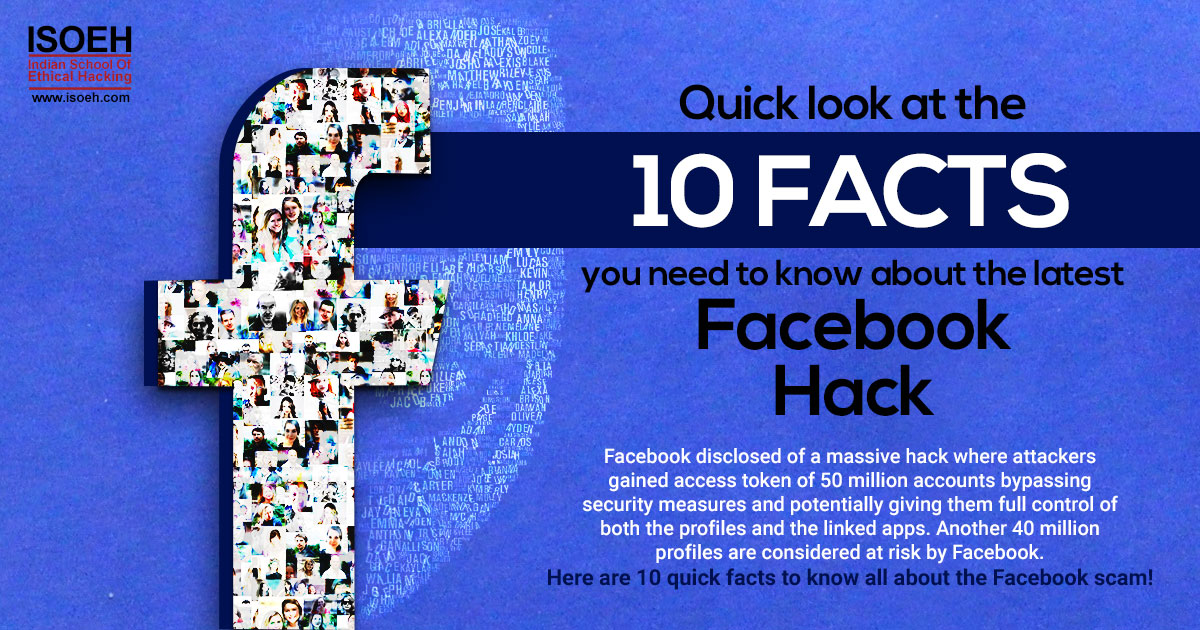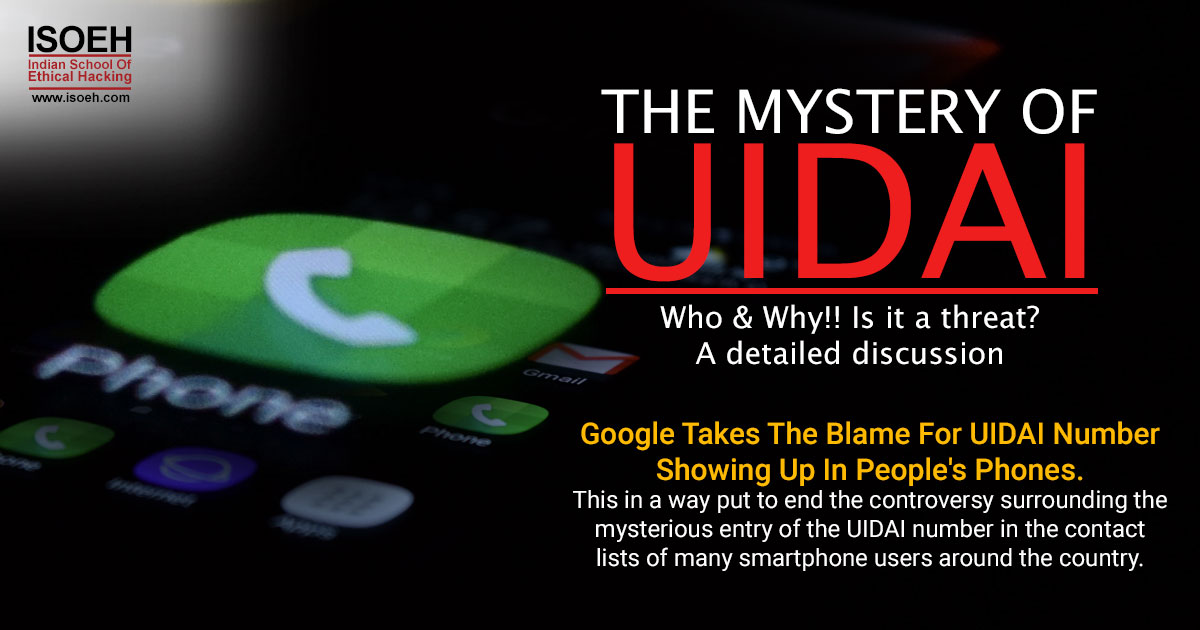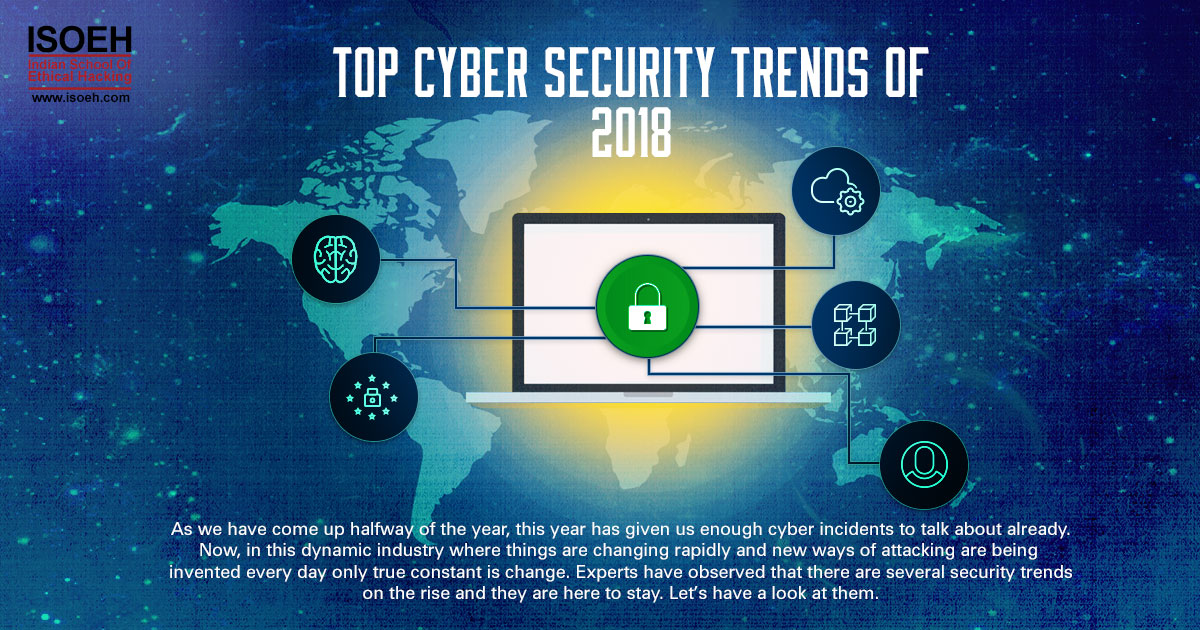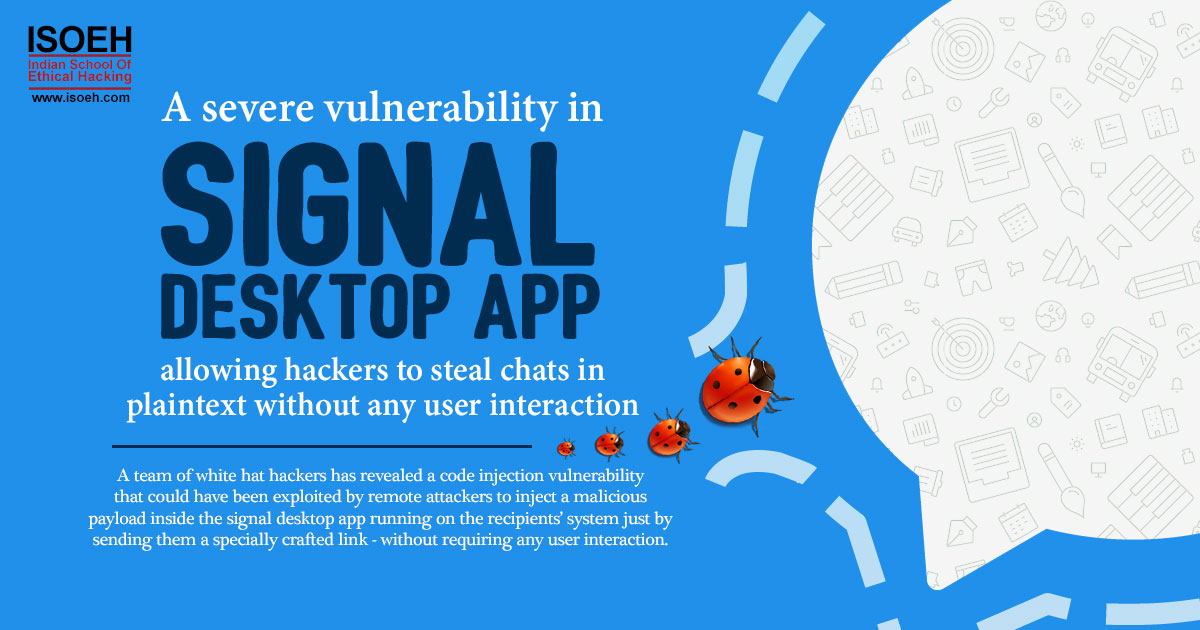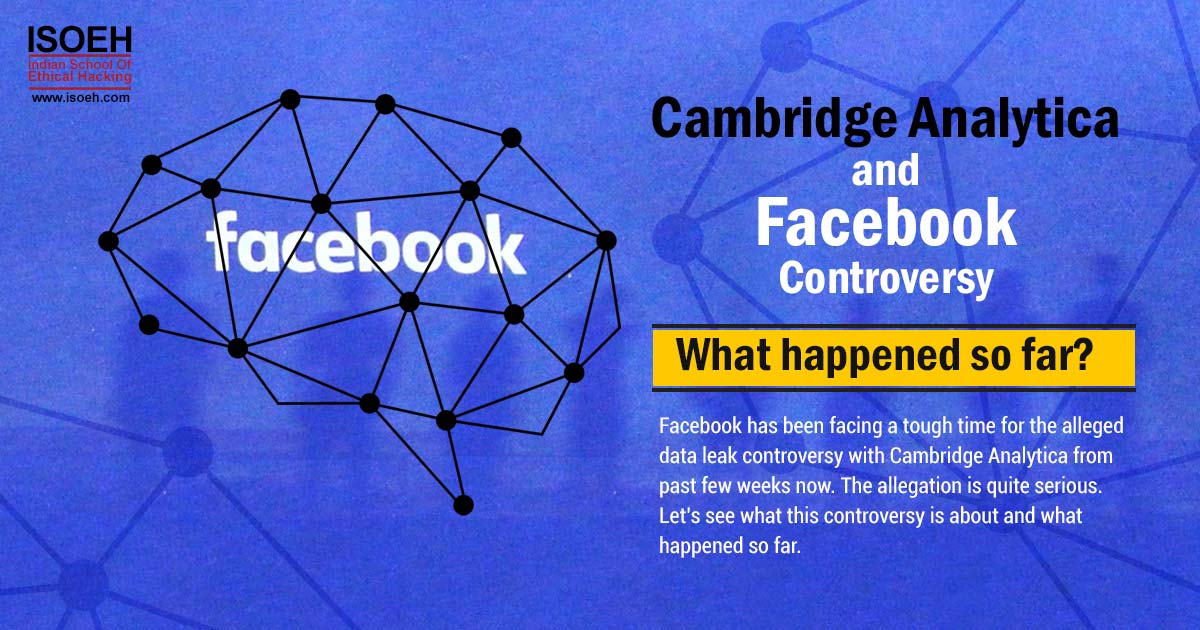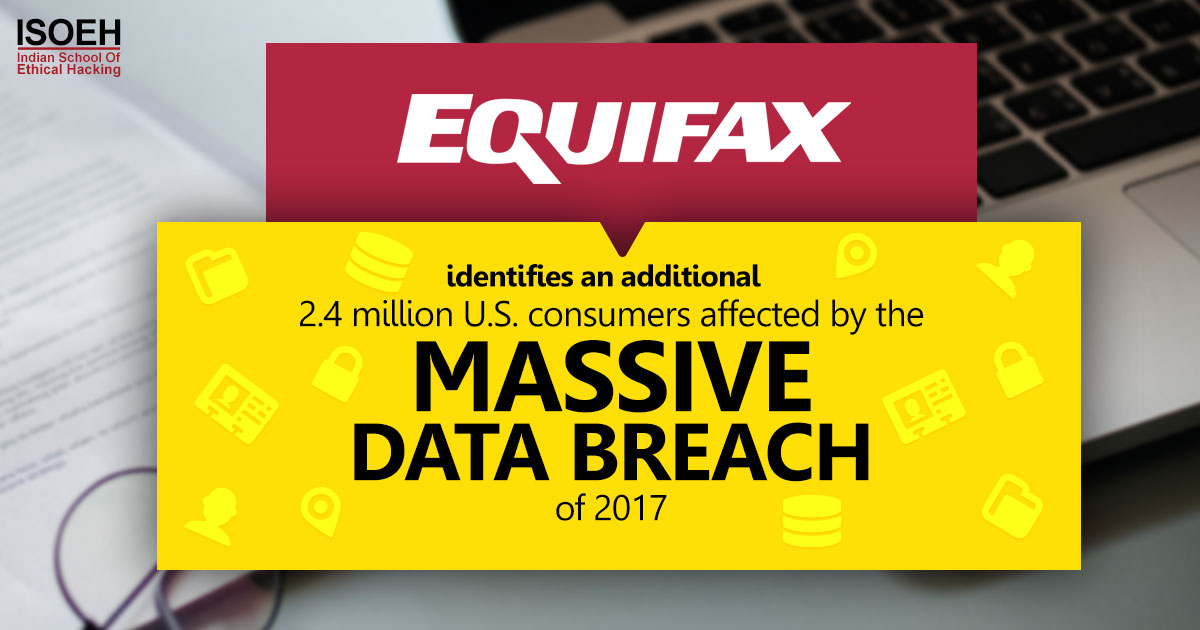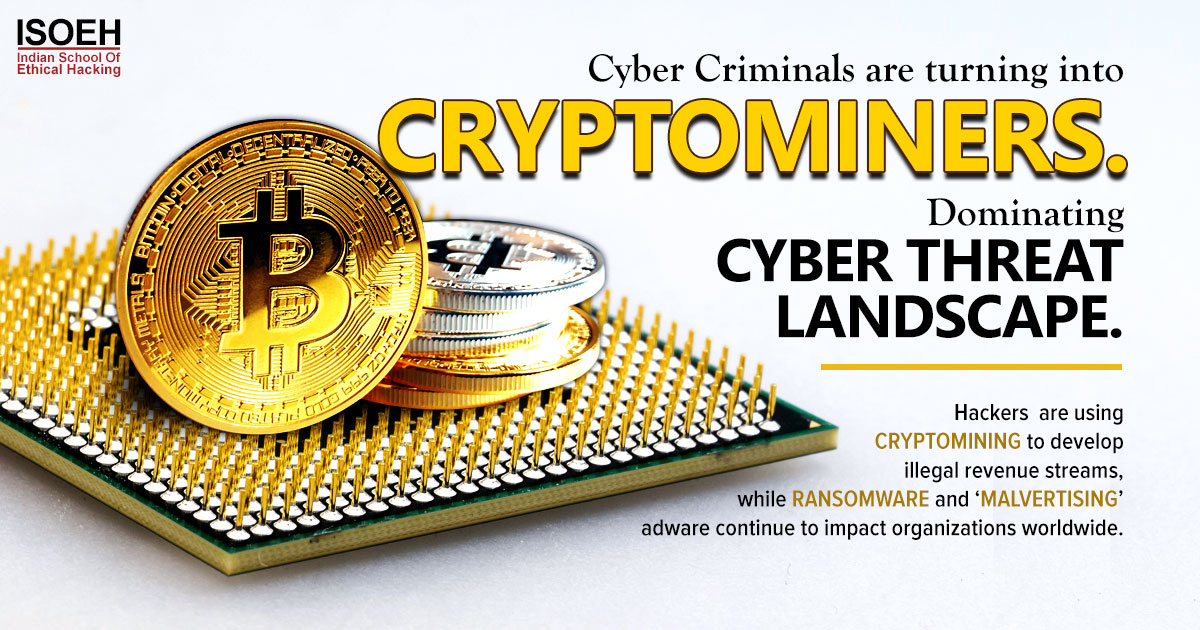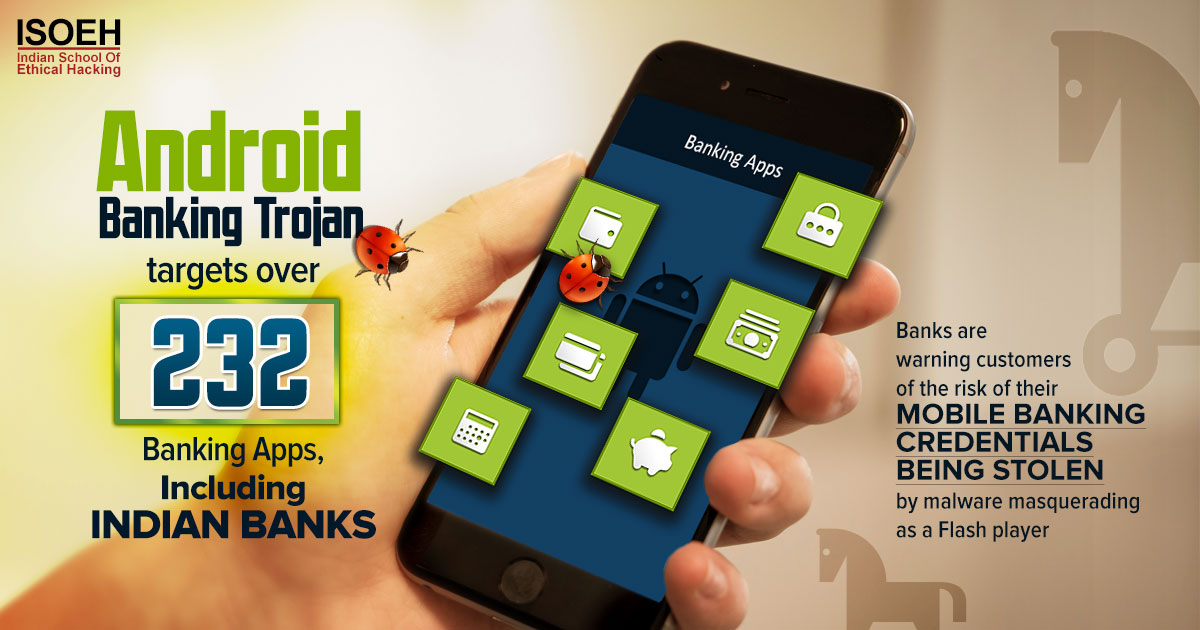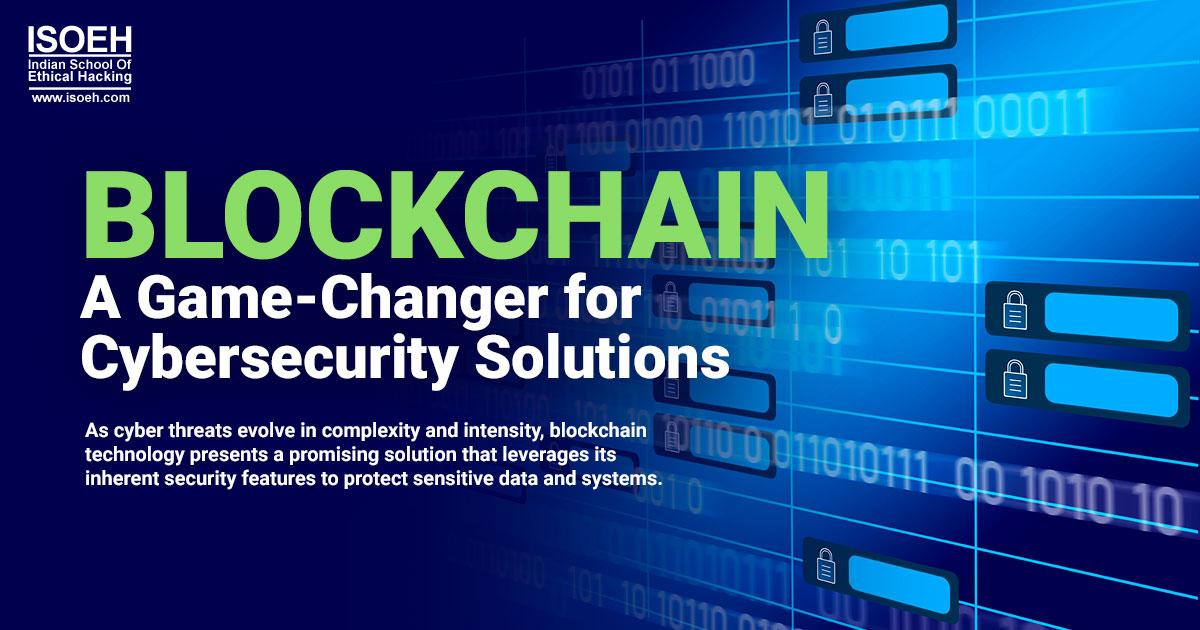
In the vast expanse of digital transactions and online communication, cybersecurity remains a paramount concern for individuals and organizations alike. Traditionally, the mention of blockchain technology conjures images of cryptocurrencies like Bitcoin and Ethereum. However, its utility extends far beyond the financial sector, particularly into the realm of cybersecurity. This blog explores how blockchain technology is revolutionizing cybersecurity, providing robust solutions to protect data integrity, ensure privacy, and thwart cyber threats.
Understanding Blockchain's Core Principles
Before diving into its applications in cybersecurity, it is crucial to understand the underlying principles of blockchain technology. Blockchain is essentially a distributed ledger technology (DLT) where transactions are recorded with an immutable cryptographic signature called a hash. This technology is decentralized, meaning it does not rely on a central point of control. Instead, every participant in the network has access to the entire database and its complete history. No single participant can alter a record without the consensus of the majority, making blockchain highly secure and transparent.
Enhancing Data Integrity and Confidentiality
One of the foremost applications of blockchain in cybersecurity is in safeguarding data integrity. With its decentralized nature and cryptographic hash functions, blockchain creates an environment where data manipulation becomes exceedingly difficult. For instance, once a data transaction is recorded on a blockchain, any attempt at alteration would require overriding the consensus of all participants, which is practically unfeasible.
Immutable Audit Trails
Blockchain creates tamper-evident records where each entry in the ledger is time-stamped and linked to the previous entry. This feature is invaluable for creating secure audit trails in industries where maintaining historical data integrity is crucial, such as financial services, healthcare, and legal fields. By ensuring that each piece of data can be traced back to its origin, blockchain significantly reduces the risks associated with data tampering and loss.
Secure Identity Management
Identity theft and fraudulent activities are rampant in the digital world. Blockchain offers a robust solution to these issues through decentralized identity management systems. By allowing individuals to control their own identities without relying on third parties, blockchain enhances privacy and reduces the chances of identity theft. Each identity can be verified against the blockchain, ensuring that it is legitimate and unaltered.
Decentralization as a Defence Against DDoS Attacks
Distributed Denial of Service (DDoS) attacks overload servers with massive amounts of traffic to take websites offline. Blockchain technology mitigates such threats by distributing its data across numerous nodes. If one node is attacked, the others continue to function, ensuring the system remains operational and resilient. This decentralization not only enhances system availability but also distributes cybersecurity risks.
Smart Contracts for Automated Security
Smart contracts are self-executing contracts with the terms of the agreement directly written into lines of code. These are stored and replicated on the blockchain network, and the contracts execute automatically when predetermined conditions are met. In cybersecurity contexts, smart contracts can be used to automate network defenses and trigger responses to suspicious activities or breaches without human intervention. This reduces the time and resources spent on managing security breaches and increases the speed and efficiency of organizational responses to threats.
Challenges and Considerations
Despite its many advantages, blockchain technology in cybersecurity does come with challenges. The issues of scalability, energy consumption, and integration with existing systems must be addressed to harness its full potential. Moreover, as blockchain technology is relatively new, regulatory and legal frameworks are still under development, which could pose challenges in widespread adoption.
What is the Future of Cybersecurity with Blockchain?
As cyber threats evolve in complexity and intensity, blockchain technology presents a promising solution that leverages its inherent security features to protect sensitive data and systems. While it is not a panacea for all cybersecurity issues, its application in enhancing data integrity, ensuring privacy, and improving network resilience is undeniable. For organizations looking to bolster their cybersecurity frameworks, blockchain offers more than just a buzzword; it offers a transformative approach to combating cyber threats in an increasingly digital world.
Hacking Tools
Explore All Hacking Tools »
UFTP is an encrypted multicast file transfer program for secure, reliable & efficient transfer of files. It also helps in data distribution over a satellite link.
Read DetailsBreaking News
Breaking News Of Each Month »
The recent pandemic was unexpected and unknown to most part of the world. It has changed our life and we are slowly adapting to our new lifestyle. The risks associated with the new lifestyle, both personal & corporate, are unknown to most of us.
Read Details


